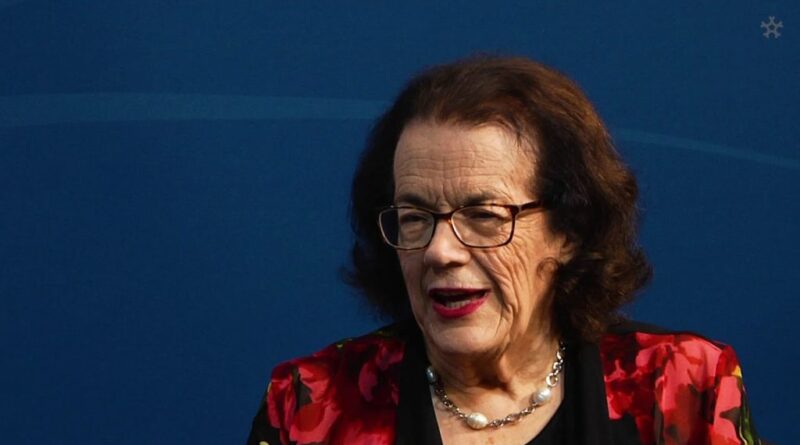Government shuts down move to refer Christian Porter’s secret funds to privileges inquiry

The government has blocked an inquiry into whether Christian Porter breached parliamentary privilege in refusing to reveal who donated to his legal costs.
This was despite Speaker Tony Smith giving the Labor motion for the reference precedence to be debated, which would normally see the house send the matter to the privileges committee.
Manager of opposition business Tony Burke said this was the first time a government had voted against a privileges referral to which a speaker had given precedence.
After Labor argued on Monday Porter should be referred, Smith announced on Wednesday that “based on my careful consideration of all of the information available to me, I am satisfied that a prima facie case has been made out”.
Smith made it clear that saying this “does not imply a conclusion that a breach … has occurred”.
House of Representative practice specifies that to grant precedence to a privilege motion the speaker must be satisfied “a prima facie case of contempt or breach of privilege has been made out”.
The government opposed the motion, which was then voted down.
Burke said the government had abandoned a principle that had been a “a key protection against corruption” since the federal parliament came into existence.
“That means we may never learn the truth about who paid Mr Porter’s legal bills and what they may expect in return.
Read more: Christian Porter quits cabinet, refusing to find out who gave him money for legal costs
“This is a disgraceful, shameful moment in Australian political history,” Burke said in a statement.
Porter was forced to step down from the ministry last month because he would not supply names of those who donated to a “blind trust” to help with his bills for the defamation action he took against the ABC. He said he didn’t know the names, and was “not prepared to seek to break the confidentiality of those people who contributed to my legal fees”.
The leader of the house, Peter Dutton, in opposing the reference, told the house there was a much broader issue because there were “a number of other cases which are of a similar ilk”.
Dutton has written to privileges committee chairman Russell Broadbent asking the committee to clarify what the MPs’ register requires when members receive third party contributions or assistance, including from crowd funding and political parties, for personal legal matters, or any other matters.
The letter specifies assistance for legal costs in the form of financial or non-financial contributions and provision of legal services on a reduced or no-fee basis.
Read more: Grattan on Friday: Porter’s funding from a ‘blind trust’ is an integrity test for Morrison
In parliament Dutton instanced crowd funding by Greens senator Sarah Hanson-Young for her legal action against then senator David Leyonhjelm.
He pointed to a number of names that obviously were made up.
Hanson-Young said she had received 1800 donations, with only eight donations above the disclosable $300 threshold.
“I have declared all donations in the spirit of members and senators interests and Mr Porter should do the same.”
A spokeswoman said those with false names were all under the threshold.

